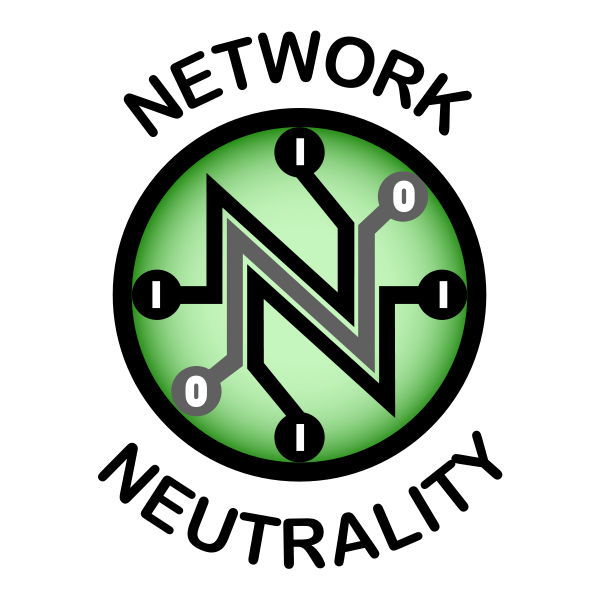On Thursday February 19, 2015, the Federal Communications Commission (FCC) agreed in favor of net neutrality, which aims to make the internet a completely neutral playing field. Because of this, the concept of fast lane and slow lane internet was cast down, seemingly for good.
The concept of net neutrality is more than just slow internet. Net neutrality is the idea that every business has an equal opportunity to succeed on the internet. Had the FCC come to a consensus in the other direction, talk of fast and slow internet lanes would have began implementation immediately.
The concept of fast and slow lane internet is still misunderstood, however. The new internet policies would have mostly affected businesses trying to host content on their respective websites. Those who pay more for internet would receive premium fast lane services, which means they have more storage, faster up and download speeds, and overall higher performance. Smaller businesses that could not pay a premium rate, such as new entrepreneurs entering the market, would suffer the disadvantage of slow lane internet. Internet in public homes would remain relatively unchanged as most households do not require the powerful servers provided by fast lane service. However, Some of the biggest companies in making this happen were telecommunications companies such as mass media corporation Comcast, who fought back with compelling offers to their customers.
During their extensive ad campaign involving net neutrality, Comcast fought for the policy, claiming that clients paying for Comcast would be assured higher performance in their internet services, while customers paying for other services would not. The telecom companies stood alone when Google, Microsoft, Amazon, and Facebook collectively signed a letter for keeping the internet free and neutral, and proposed it directly to the FCC.
Though the process for maintaining a stable, neutral internet has been claimed to be “critical but fundamentally difficult,” by a spokesperson from the FCC, the web will remain neutral after their decision.



















